Courtyard Music Group interview
A few days ago I was talking with my friend about how many
recordings still need to be found. Late ’60s and especially ’70s managed to
produce a large number of musicians releasing their LP only as a demo or in a
very small run. Most of this LP’s were private pressed, which means that band
members were financing production on their own (mostly). Out of Scotland came a
group of folk musicians, which made an unique piece of art in 1974. Album
cover artwork was handmade and also a really small run of pressing was made for their Just
our Way of Saying Hello LP, as they titled it in the summer of 1974. Not much
more is known, with exception of this artifact being known as an extremely rare collectors item. Band decided to get back together to do a joint
project of reissuing their album professionally, but more about that in the
following conversation with members of Courtyard Music Group. Lovers of
acid/psychedelic folk here’s a nice present for you!
recordings still need to be found. Late ’60s and especially ’70s managed to
produce a large number of musicians releasing their LP only as a demo or in a
very small run. Most of this LP’s were private pressed, which means that band
members were financing production on their own (mostly). Out of Scotland came a
group of folk musicians, which made an unique piece of art in 1974. Album
cover artwork was handmade and also a really small run of pressing was made for their Just
our Way of Saying Hello LP, as they titled it in the summer of 1974. Not much
more is known, with exception of this artifact being known as an extremely rare collectors item. Band decided to get back together to do a joint
project of reissuing their album professionally, but more about that in the
following conversation with members of Courtyard Music Group. Lovers of
acid/psychedelic folk here’s a nice present for you!
Listen while you read: The Magician
In 1974 Courtyard Music Group recorded a one-of-a-kind,
handmade LP called “Just our Way of Saying Hello”.
handmade LP called “Just our Way of Saying Hello”.
In 2015 the Courtyard Music Group is partnering with
PledgeMusic to reissue the LP, and is inviting fans to pledge for a copy of the
limited pressing of the vinyl, alongside a remastered digital CD, and a 48 page
“making of” booklet comprising extensive liner notes, unique photos and
drawings, never previously seen, which recounts the fascinating story of how
this “Rarest of the rare of Acid Folk” records was made.
PledgeMusic to reissue the LP, and is inviting fans to pledge for a copy of the
limited pressing of the vinyl, alongside a remastered digital CD, and a 48 page
“making of” booklet comprising extensive liner notes, unique photos and
drawings, never previously seen, which recounts the fascinating story of how
this “Rarest of the rare of Acid Folk” records was made.
What can you tell us about the beginning of your music path,
by that I mean what influenced you as a child to pick up an instrument and
start playing.
by that I mean what influenced you as a child to pick up an instrument and
start playing.
Frank Swales: Wow! That’s going
back a bit…….Actually, I think it was the influence of 3 uncles from my family
in Scotland. I seem to remember my uncle Sam being a drummer in a brass band
and at some point he gave me some drum sticks to mess about with. I didn’t have
a drum to play as we were pretty poor in those days but I do remember knocking
out some kind of rhythm on the window sill – much to my mum’s annoyance!
Shortly after that I was given a chromatic mouth organ (harmonica) from another
uncle and I took to that very quickly, picking up and playing all the old
Scottish folk favourites by ear. During this time I was at a school in Glasgow
and that was the first time I put my hands on a piano, and I took to that very
quickly too. It was the keyboard and the way it was set out that I liked – very
basic and easy to understand. I didn’t “learn” anything, as far as I can
remember – playing the piano, for me, was always improvised. I just made it up
as I went on, teaching myself the difference between notes, making up chords
and enjoying the sounds I was coming up with. Shortly after that I changed
schools and found myself at Kilquhanity, and I found myself playing the school
piano every chance I could get. It was in those early days that one of the
kids, Iain Hastie, brought in his accordion and I was amazed at what he could
do with it! He gave me a go and before long I was knocking out traditional
songs left, right and centre! When my family found out about this, the news
“did the rounds” and yet another uncle gave me his accordion as a gift (it was
small, a 12-bass, I think – and he was upgrading to a bigger model)! I brought
the accordion to school at the beginning of a term and I think it was around
that time when one of the teachers, Richard Jones, asked me if I’d like to join
a musical group he was putting together. That, I think, was the true beginning
of my “musical Apprenticeship”.
back a bit…….Actually, I think it was the influence of 3 uncles from my family
in Scotland. I seem to remember my uncle Sam being a drummer in a brass band
and at some point he gave me some drum sticks to mess about with. I didn’t have
a drum to play as we were pretty poor in those days but I do remember knocking
out some kind of rhythm on the window sill – much to my mum’s annoyance!
Shortly after that I was given a chromatic mouth organ (harmonica) from another
uncle and I took to that very quickly, picking up and playing all the old
Scottish folk favourites by ear. During this time I was at a school in Glasgow
and that was the first time I put my hands on a piano, and I took to that very
quickly too. It was the keyboard and the way it was set out that I liked – very
basic and easy to understand. I didn’t “learn” anything, as far as I can
remember – playing the piano, for me, was always improvised. I just made it up
as I went on, teaching myself the difference between notes, making up chords
and enjoying the sounds I was coming up with. Shortly after that I changed
schools and found myself at Kilquhanity, and I found myself playing the school
piano every chance I could get. It was in those early days that one of the
kids, Iain Hastie, brought in his accordion and I was amazed at what he could
do with it! He gave me a go and before long I was knocking out traditional
songs left, right and centre! When my family found out about this, the news
“did the rounds” and yet another uncle gave me his accordion as a gift (it was
small, a 12-bass, I think – and he was upgrading to a bigger model)! I brought
the accordion to school at the beginning of a term and I think it was around
that time when one of the teachers, Richard Jones, asked me if I’d like to join
a musical group he was putting together. That, I think, was the true beginning
of my “musical Apprenticeship”.
Richard Jones: I grew, up in the musical household and went to a school
where music was important. In the 1960s I fell in love with a sound of the
electric guitar and made my first instrument, which I then went on to learn to
play, with much help from the rhythm guitar player in our local pop band.
where music was important. In the 1960s I fell in love with a sound of the
electric guitar and made my first instrument, which I then went on to learn to
play, with much help from the rhythm guitar player in our local pop band.
How did members of the band get together and what are some
profound memories from first gatherings?
profound memories from first gatherings?
Frank Swales: Well, as far as I
remember it was Richard who wanted to put a school music group together –
initially to jam and then see what transpires from the jams. I think there were
already interested parties, or the band/group had already started to form, when
Richard asked me if I wanted to join. I remember it being quite exciting to be
playing music with other people, but it was also the exclusivity. I felt I
belonged to something special – like an exclusive club. And I really felt I was
doing what I truly wanted to do, and being allowed, and encouraged, to do it!
remember it was Richard who wanted to put a school music group together –
initially to jam and then see what transpires from the jams. I think there were
already interested parties, or the band/group had already started to form, when
Richard asked me if I wanted to join. I remember it being quite exciting to be
playing music with other people, but it was also the exclusivity. I felt I
belonged to something special – like an exclusive club. And I really felt I was
doing what I truly wanted to do, and being allowed, and encouraged, to do it!
Richard Jones: Kilquhanity School brought us all together. I was a teacher
there, Of woodwork not music, From 1969 two 1997. I think the very beginning
was when the drama teacher asked me to provide some music for a play and I got
a couple of other pupils to work on a musical project then. There were many
similar gatherings, With more kids involved. Because it was a boarding school
there were many hours in evenings and at weekends when we could play together
just for the fun of it, But often preparing for a School entertainment
performance. It was always a thrill to me when others shared my delight in
group music making.
there, Of woodwork not music, From 1969 two 1997. I think the very beginning
was when the drama teacher asked me to provide some music for a play and I got
a couple of other pupils to work on a musical project then. There were many
similar gatherings, With more kids involved. Because it was a boarding school
there were many hours in evenings and at weekends when we could play together
just for the fun of it, But often preparing for a School entertainment
performance. It was always a thrill to me when others shared my delight in
group music making.
What were you listening to before you started CMG (Courtyard
Music Group). What would you say about groups like Incredible String Band,
Fairport Convention or were you maybe familiar with less known bands like
Comus, Spirogyra and similar?
Music Group). What would you say about groups like Incredible String Band,
Fairport Convention or were you maybe familiar with less known bands like
Comus, Spirogyra and similar?
Frank Swales: In the early days –
when we did the first album: “Killy Country” – I was into the standard pop
bands of the time – The Beatles, The Monkees, Edison Lighthouse, etc. and
anything outside of that bubble was alien to me simply because I never wanted
particularly to “stray” from my chosen genre. However, being at Kilquhanity
opened up a whole new perspective and I was soon getting into all sorts of
different sounds and genres. Certainly, Richard encouraged us to listen to
other genres and he introduced me to Steeleye Span, Gryphon, The Albion Country
Band and Fairport Convention, amongst others…..And, of course, the musical
influences of many of the other pupils, and some staff, rubbed off on me too as
time went by.
when we did the first album: “Killy Country” – I was into the standard pop
bands of the time – The Beatles, The Monkees, Edison Lighthouse, etc. and
anything outside of that bubble was alien to me simply because I never wanted
particularly to “stray” from my chosen genre. However, being at Kilquhanity
opened up a whole new perspective and I was soon getting into all sorts of
different sounds and genres. Certainly, Richard encouraged us to listen to
other genres and he introduced me to Steeleye Span, Gryphon, The Albion Country
Band and Fairport Convention, amongst others…..And, of course, the musical
influences of many of the other pupils, and some staff, rubbed off on me too as
time went by.
Richard Jones: After moving to Scotland in 1969 my musical taste changed very
much away from the ‘Urban’ styles I had grown up with towards a softer more
‘folky’ music. James Taylor; Joni Mitchell; Richard Thompson; Sandy Denny; Paul
Simon etc. Ashley Hutchings ( Steeleye
Span, Albion Band etc. ) was an enormous
influence with his love of both the English folk traditions and Renaissance
music.
much away from the ‘Urban’ styles I had grown up with towards a softer more
‘folky’ music. James Taylor; Joni Mitchell; Richard Thompson; Sandy Denny; Paul
Simon etc. Ashley Hutchings ( Steeleye
Span, Albion Band etc. ) was an enormous
influence with his love of both the English folk traditions and Renaissance
music.
Were you or any other members in bands before this? Maybe
even recording something before CMG?
even recording something before CMG?
Frank Swales: No. I’d never played with anyone up to this point.
Richard Jones: When I finished my teacher training in 1967 I did not want
to be a teacher! I spent the next two years playing bass guitar. I couldn’t
call it making a living but it certainly formed part of my income. I did quite a lot of recordings during those years but as far as I know only
one ever saw the light of day – playing bass guitar on a session with ska
singer Millie…
to be a teacher! I spent the next two years playing bass guitar. I couldn’t
call it making a living but it certainly formed part of my income. I did quite a lot of recordings during those years but as far as I know only
one ever saw the light of day – playing bass guitar on a session with ska
singer Millie…
How did you decide to name your band ‘Countryard Music
Group’?
Group’?
Richard Jones: I blame/credit Frank!
Frank Swales: Richard’s room, where
we all practiced and jammed, was in the school’s Courtyard, so it seemed
fitting (and somewhat obvious) that we’d call the band the Courtyard Music
Group (Shortened to CMG after some of us – including me, probably – thought the
shortened version sounded more professional for the time).
we all practiced and jammed, was in the school’s Courtyard, so it seemed
fitting (and somewhat obvious) that we’d call the band the Courtyard Music
Group (Shortened to CMG after some of us – including me, probably – thought the
shortened version sounded more professional for the time).
When exactly did you came together and where did you
rehearse? Were you performing before releasing your album?
rehearse? Were you performing before releasing your album?
Frank Swales: We came together in
1973, I think. After we’d rehearsed – and possibly played in front of the rest
of the school – enough material (mostly traditional, I think, with one or two
new ideas) we decided to make our own private album which we called “Killy
Country”. I don’t think anybody really thought about a second album at that
time – I certainly didn’t – but a year later and after a couple of personnel
changes later we did end up doing a second, and better, album – this time with
a lot more of our own material. We had performed in front of the school a
couple of times, and we entered into a local music talent contest (in which we
lost!), but there really wasn’t much more performing than that – not that I can
remember, anyway.
1973, I think. After we’d rehearsed – and possibly played in front of the rest
of the school – enough material (mostly traditional, I think, with one or two
new ideas) we decided to make our own private album which we called “Killy
Country”. I don’t think anybody really thought about a second album at that
time – I certainly didn’t – but a year later and after a couple of personnel
changes later we did end up doing a second, and better, album – this time with
a lot more of our own material. We had performed in front of the school a
couple of times, and we entered into a local music talent contest (in which we
lost!), but there really wasn’t much more performing than that – not that I can
remember, anyway.
Richard Jones: Although we had all been playing together, in various
combinations,. for several years,, as I remember it it wasn’t until the week of
the recording and all of us met up and rehearsed. This gave it an element of
danger and certainly an element of freshness.
combinations,. for several years,, as I remember it it wasn’t until the week of
the recording and all of us met up and rehearsed. This gave it an element of
danger and certainly an element of freshness.
What places did you play and with whom did you share stages?
Richard Jones: I think our life ‘on the road’ was exciting as anything I ever did previously! Most of our performances were as part of entertainments in The Stable at Kilquhanity. This was a wonderful multipurpose space which served as dance hall, theatre, skateboard park & disco. It would seat to 50 or 60 but that would be quite a squash. A great atmosphere. We did venture away from school a couple of times I think. Claire, from the song of the same name, had a younger sister. She had her birthday party in birch woods next to the caravan they lived in. They fixed up the generator for our 240 V supply and we went up and played for them to dance to. Later that year we took part in a talent competition in Kirkcudbright. We came third! Howard, I remember was particularly upset because he thought we were by far the most talented group there. It may be the local group was elected to win for political reasons!
So let’s get more in-depth regarding your album making. If I
understand correctly you started working on your LP in 1974 and by the end of
the summer the LP was out.
understand correctly you started working on your LP in 1974 and by the end of
the summer the LP was out.
Frank Swales: We’d already done one
LP record (Killy Country) which seemed to go down pretty well, so I guess for
some of us it was kind of “Hey, maybe we could do another?”. I’m not
sure that we conciously set about the task of making another record but the
success of the first one certainly provided the impetus to at least keep
playing music together and the decision to indeed make another seemed just
natural.
LP record (Killy Country) which seemed to go down pretty well, so I guess for
some of us it was kind of “Hey, maybe we could do another?”. I’m not
sure that we conciously set about the task of making another record but the
success of the first one certainly provided the impetus to at least keep
playing music together and the decision to indeed make another seemed just
natural.
Richard Jones: Not quite! The recording was done over a couple of weeks in
July 1974 and the tapes were edited and spliced by the end of term. As far as I
was concerned the whole project had a potential educational value so the kids
were involved at every stage not just musicians, but tape editing and sleeve
design and production as well. It was not until March 1975 that we had mastered
all the printing processes necessary to Screenprint our own cover and liner notes.
July 1974 and the tapes were edited and spliced by the end of term. As far as I
was concerned the whole project had a potential educational value so the kids
were involved at every stage not just musicians, but tape editing and sleeve
design and production as well. It was not until March 1975 that we had mastered
all the printing processes necessary to Screenprint our own cover and liner notes.
What can you tell us about the material featured on the
album. Did anyone bring their own songs or was it all collaborative work, where
all the songs were specifically made for this album?
album. Did anyone bring their own songs or was it all collaborative work, where
all the songs were specifically made for this album?
Frank Swales: The album wasn’t
planned in the way that contemporary (signed) artists might plan an album – at
least in terms of a concept or a message or anything – so the songs weren’t
specifically made for the album: it was more a collaborative decision that any
song ideas, apart from the traditional songs we were experimenting with at the
time, that we were playing with might appear on an album should we wish to make
another. Of course, when the decision to actually go ahead and make another
album was made, there was, I seem to remember, a bit of a rush to write more.
“2074” is an example of this, I think. I do remember feeling that I
was writing that particular song for the album that we’d decided to do.
planned in the way that contemporary (signed) artists might plan an album – at
least in terms of a concept or a message or anything – so the songs weren’t
specifically made for the album: it was more a collaborative decision that any
song ideas, apart from the traditional songs we were experimenting with at the
time, that we were playing with might appear on an album should we wish to make
another. Of course, when the decision to actually go ahead and make another
album was made, there was, I seem to remember, a bit of a rush to write more.
“2074” is an example of this, I think. I do remember feeling that I
was writing that particular song for the album that we’d decided to do.
Richard Jones: During the year leading up to the recording, as well as
meeting as a group playing together, small ‘subgroups’ would meet up for
composing/writing/Improvising together. The material these sessions generated
would then be brought to whole
rehearsals and we would work out
an arrangement together. It was more the point that the album was
specifically made because we had the material rather than the other way round
meeting as a group playing together, small ‘subgroups’ would meet up for
composing/writing/Improvising together. The material these sessions generated
would then be brought to whole
rehearsals and we would work out
an arrangement together. It was more the point that the album was
specifically made because we had the material rather than the other way round
Would you suggest, that the album content has concept of its
own?
own?
Frank Swales: I think what the
album represents, simply, is a bunch of people getting together in an ideal
country setting and allowing that vibe to permeate through the music they
created. Despite the fact that we’re about to do it again, 40 years on, there
will never be that special Magic that was captured during that very special
time in all our lives. But, who knows?! What I do know is that we are all very
excited about reforming for next year’s Reunion Gig! But, to put it simply and
in a nutshell, I’d say that the album, and the songs on it, had lives of their
own, and we were simply the mediums through which the whole thing expressed
itself! (Howzat for “Deep”?!).
album represents, simply, is a bunch of people getting together in an ideal
country setting and allowing that vibe to permeate through the music they
created. Despite the fact that we’re about to do it again, 40 years on, there
will never be that special Magic that was captured during that very special
time in all our lives. But, who knows?! What I do know is that we are all very
excited about reforming for next year’s Reunion Gig! But, to put it simply and
in a nutshell, I’d say that the album, and the songs on it, had lives of their
own, and we were simply the mediums through which the whole thing expressed
itself! (Howzat for “Deep”?!).
Richard Jones: It’s just our way of saying Hello
I would appreciate if you can comment all the songs from the
LP.
LP.
Richard Jones: I think’ The Magician’ is probably the signature track, And
it’s the one I have enjoyed listening to again the most. It has a wonderful
musical arc, from the first swirling textures through to a statement of the
rhythm with a strong pulse, Then floating into the song. In the middle is an
opportunity for free improvisation, never the same on any two performances and
this performance has some delightful moments. As if relieved that we got there,
there is a positive and confident sound in the final chorus and then to the
fade. It was about playing together,
daring to do something a bit different each time but always within the
framework.
it’s the one I have enjoyed listening to again the most. It has a wonderful
musical arc, from the first swirling textures through to a statement of the
rhythm with a strong pulse, Then floating into the song. In the middle is an
opportunity for free improvisation, never the same on any two performances and
this performance has some delightful moments. As if relieved that we got there,
there is a positive and confident sound in the final chorus and then to the
fade. It was about playing together,
daring to do something a bit different each time but always within the
framework.
Is there any unreleased material?
Frank Swales: As far as I know,
there is no unreleased material – except perhaps some random out-takes that MAY
appear on the re-release (!!)…..
there is no unreleased material – except perhaps some random out-takes that MAY
appear on the re-release (!!)…..
Richard Jones: There may be other snippets of things on tape, But
everything we recorded for the record is on the record.
everything we recorded for the record is on the record.
What can you tell us about the releasing process. You made
cover artwork on your own. Where did you press the album and how many copies
were made?
cover artwork on your own. Where did you press the album and how many copies
were made?
Frank Swales: I think I’ll pass you
over to Richard Jones, who is FAR more qualified to answer that question!
over to Richard Jones, who is FAR more qualified to answer that question!
Richard Jones: Once the tapes were edited and spliced, which I worked on
with another pupil who was very keen to be involved with this process, I drove
them down on the back of my motor scooter to a studio in Carnforth, Lancashire.
I played a bit to the engineer , he made
a few notes and I went back to school after the holidays to work on the
preparation of sleeve. I remember sitting with Howard working out how many
copies we think we should make (we had done 60 the previous year for the Killy
Country Record and had sold them all) It looked to us as if, at a pinch, We
could sell 100 copies so that’s what we ordered and those are all there are .
Deroy Studios, who pressed record agreed to provide discs, without labels,
in paper inner sleeves and plain card
outer sleeves. The printing of these took us through till March 1975, by which
time we had orders for all 100 copies. These would be members of the school;
parents; friends of the school. It was never advertised to the general public.
with another pupil who was very keen to be involved with this process, I drove
them down on the back of my motor scooter to a studio in Carnforth, Lancashire.
I played a bit to the engineer , he made
a few notes and I went back to school after the holidays to work on the
preparation of sleeve. I remember sitting with Howard working out how many
copies we think we should make (we had done 60 the previous year for the Killy
Country Record and had sold them all) It looked to us as if, at a pinch, We
could sell 100 copies so that’s what we ordered and those are all there are .
Deroy Studios, who pressed record agreed to provide discs, without labels,
in paper inner sleeves and plain card
outer sleeves. The printing of these took us through till March 1975, by which
time we had orders for all 100 copies. These would be members of the school;
parents; friends of the school. It was never advertised to the general public.
CMG Deroy Pressing Invoice 1098 – 16 August 1974
Was there some kind of distribution when the album came out
or did you sell those albums only at shows or how?
or did you sell those albums only at shows or how?
Frank Swales: It was a totally private
endeavour. Copies went to parents, family, kids, staff and a few other friends.
endeavour. Copies went to parents, family, kids, staff and a few other friends.
What happened after the album was released? When did you
disbanded?
disbanded?
Frank Swales: I left the school at the end of 1974. The album was
“officially” realeased, I think, in 1975.
“officially” realeased, I think, in 1975.
Richard Jones: I think some of us
met again the following year for a reunion. Those who remained at the school as
pupils, of course carried on music-making.
met again the following year for a reunion. Those who remained at the school as
pupils, of course carried on music-making.
Were you part of anything else later on?
Frank Swales: I went on to do lots
of weird and not-so-wonderful things, but I didn’t make a re-entry into music
until the mid 1980s when I joined a few bands. I was first a keyboard player
for a funk-rock band for a while, during which time I had also lent my
keyboarding skills to a heavier rock band. This led to me having to make a
choice between the bands as neither of ’em liked the idea that I was in two
bands at the same time! I then joined a folk-rock outfit called “Malcolm’s
Interview” (later to be known as “God’s Little Monkeys”) which I
really enjoyed. What had initially attracted me to them was that their music at
the time was very similar to Fairport Convention and other similar bands.
Unfortunately, when I joined they seemed to be going through a musical
transition and were sounding more and more like “The Smiths”. I
lasted about a year or so with them, during which time we did a few recording
sessions and released a vinyl EP (or 12 -nch single). After that I started to
get into my own thing musically and I guess that’s where I’ve been ever since.
It’s been a long time since I played live or with another band and frankly the
prospect of re-forming with CMG and playing the “old songs” again
scares the crap out of me!
of weird and not-so-wonderful things, but I didn’t make a re-entry into music
until the mid 1980s when I joined a few bands. I was first a keyboard player
for a funk-rock band for a while, during which time I had also lent my
keyboarding skills to a heavier rock band. This led to me having to make a
choice between the bands as neither of ’em liked the idea that I was in two
bands at the same time! I then joined a folk-rock outfit called “Malcolm’s
Interview” (later to be known as “God’s Little Monkeys”) which I
really enjoyed. What had initially attracted me to them was that their music at
the time was very similar to Fairport Convention and other similar bands.
Unfortunately, when I joined they seemed to be going through a musical
transition and were sounding more and more like “The Smiths”. I
lasted about a year or so with them, during which time we did a few recording
sessions and released a vinyl EP (or 12 -nch single). After that I started to
get into my own thing musically and I guess that’s where I’ve been ever since.
It’s been a long time since I played live or with another band and frankly the
prospect of re-forming with CMG and playing the “old songs” again
scares the crap out of me!
Richard Jones: Six years after
making the record Howard and I met up again, and formed a band, The Oliver
Sudden Band. who had a lively year.In 1985 I formed
another group, not with school pupils this time, to perform 16th century music
all instruments it would have originally been heard on. Viols recorders
crumhorns shawms and sackbuts etc. This was as a direct result of Ashley
Hutchings influence. My group,The Galloway Consort, still performs throughout
Scotland. I didn’t, however totally
sever myself from electric music! A couple of years ago I worked with a
flautist, and guitarist, with whom I had worked in the 1960s, writing and
performing music to accompany poetry events.
making the record Howard and I met up again, and formed a band, The Oliver
Sudden Band. who had a lively year.In 1985 I formed
another group, not with school pupils this time, to perform 16th century music
all instruments it would have originally been heard on. Viols recorders
crumhorns shawms and sackbuts etc. This was as a direct result of Ashley
Hutchings influence. My group,The Galloway Consort, still performs throughout
Scotland. I didn’t, however totally
sever myself from electric music! A couple of years ago I worked with a
flautist, and guitarist, with whom I had worked in the 1960s, writing and
performing music to accompany poetry events.
You are still active as musicians and you started very
interesting project of reissuing your album. We found your approach of
carefully restoring every bit of your music very thrilling. I would suggest if
you can explain our readers what exactly are you doing.
interesting project of reissuing your album. We found your approach of
carefully restoring every bit of your music very thrilling. I would suggest if
you can explain our readers what exactly are you doing.
Frank Swales: Not sure exactly how
it came about, but it was suggested that we do a re-issue of the album as there
seemed at the time to be great interest in the original LP – a copy having sold
on ebay or amazon for over a thousand pounds! Steve Bateman contacted me and said
it mighnt be a good idea to do the re-issue and things went from there. I
wanted (and had wanted for quite some time) to do some kind of re-vamp/cleaning
job on the album, and perhaps “Stereoise” it and just stick it on
youtube, but things got a little more serious about an “Official”
relaunch and I find myself putting together a tidied-up, digitised version for
CD. In order to do that I had to collect the 40 year old master tapes from
Scotland and get them “Baked” and cleaned so they could be used again.
I took them to a company in Bristol who told me that the tapes certainly needed
cleaning (over a 5 day period in a special room) but that they had been looked
after so well that they didn’t need “baking”. It was after that, I
think, that the decision to do a VINYL re-release as well as a CD was made. A
vinyl release, that is, with all analogue gear used. I’m a bit ropey on the
details here as everything seemed to be happening very fast! Best check with
Richard or Steve to make sure I’m accurate.
it came about, but it was suggested that we do a re-issue of the album as there
seemed at the time to be great interest in the original LP – a copy having sold
on ebay or amazon for over a thousand pounds! Steve Bateman contacted me and said
it mighnt be a good idea to do the re-issue and things went from there. I
wanted (and had wanted for quite some time) to do some kind of re-vamp/cleaning
job on the album, and perhaps “Stereoise” it and just stick it on
youtube, but things got a little more serious about an “Official”
relaunch and I find myself putting together a tidied-up, digitised version for
CD. In order to do that I had to collect the 40 year old master tapes from
Scotland and get them “Baked” and cleaned so they could be used again.
I took them to a company in Bristol who told me that the tapes certainly needed
cleaning (over a 5 day period in a special room) but that they had been looked
after so well that they didn’t need “baking”. It was after that, I
think, that the decision to do a VINYL re-release as well as a CD was made. A
vinyl release, that is, with all analogue gear used. I’m a bit ropey on the
details here as everything seemed to be happening very fast! Best check with
Richard or Steve to make sure I’m accurate.
Richard Jones: I think all of us
have been amazed that our 1974 venture has such an international following. At
the moment Frank is working meticulously on doing the kind of editing job that
would’ve been so easy if we had had a multitrack studio at our disposal in
1974. I wonder if we would have had as much fun Recording it if it’d been so
easy to get sound. Long live Thomas Edison!
have been amazed that our 1974 venture has such an international following. At
the moment Frank is working meticulously on doing the kind of editing job that
would’ve been so easy if we had had a multitrack studio at our disposal in
1974. I wonder if we would have had as much fun Recording it if it’d been so
easy to get sound. Long live Thomas Edison!
(SERENISSIMA New
recording by the Rose Consort of Viols using instruments made by Richard Jones http://www.prestoclassical.co.uk/r/Delphian/DCD34149)
recording by the Rose Consort of Viols using instruments made by Richard Jones http://www.prestoclassical.co.uk/r/Delphian/DCD34149)
© CMG (artwork, facsimiles and scans)
Interview made by Klemen Breznikar/2015
© Copyright http://psychedelicbaby.blogspot.com/2015
Array



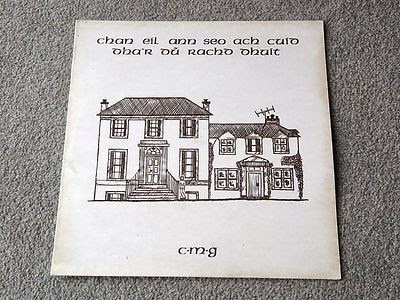

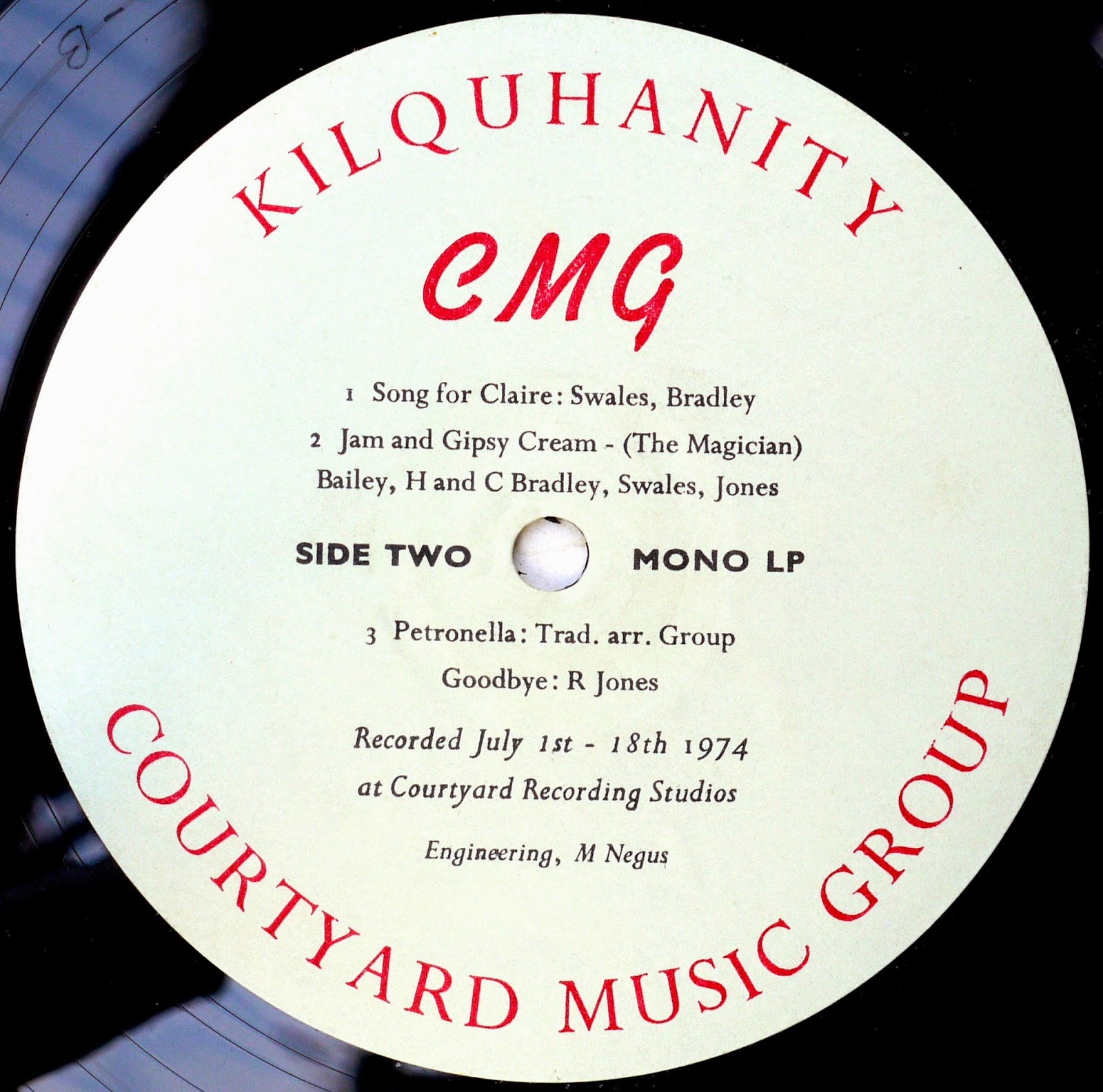
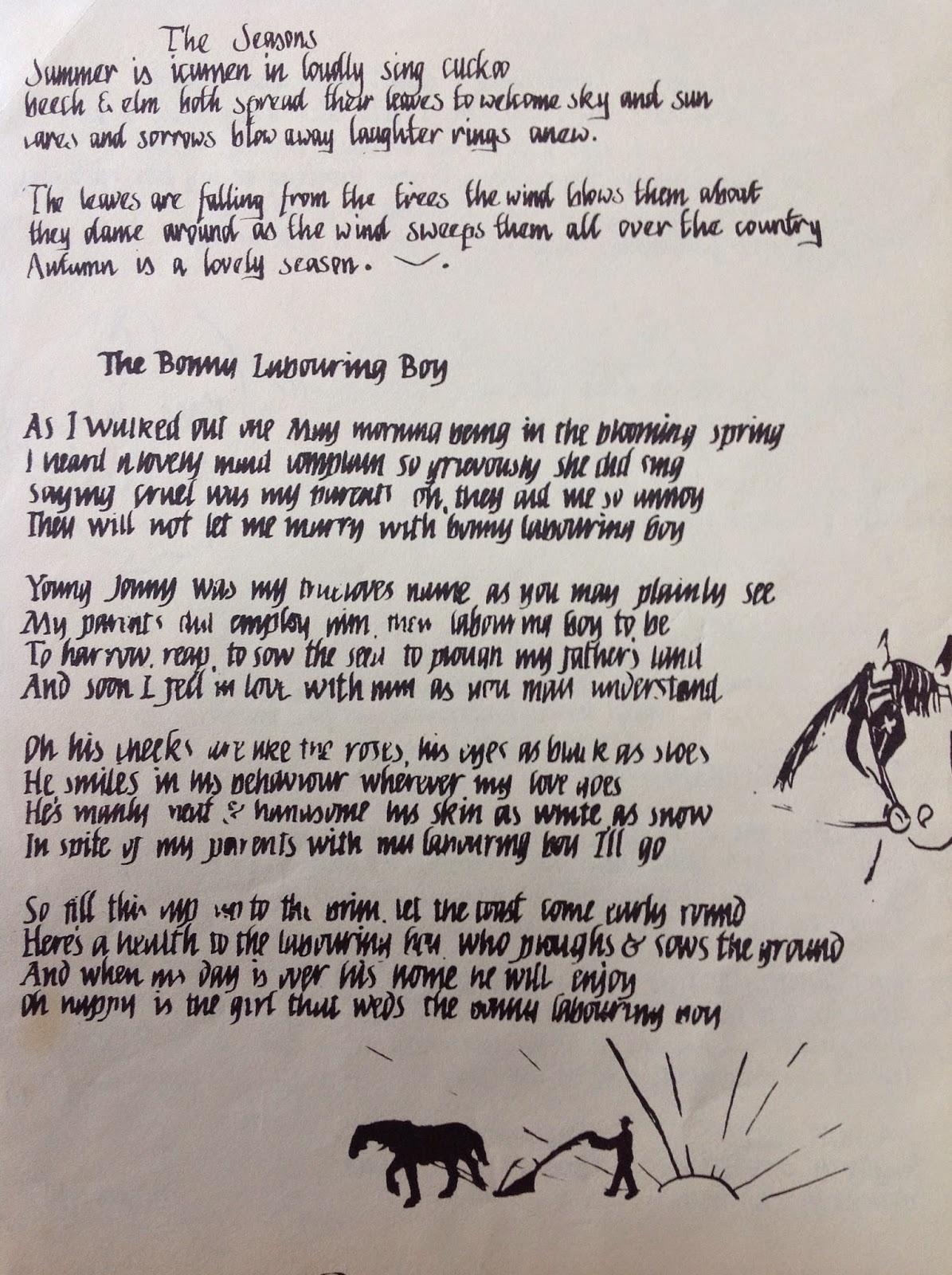
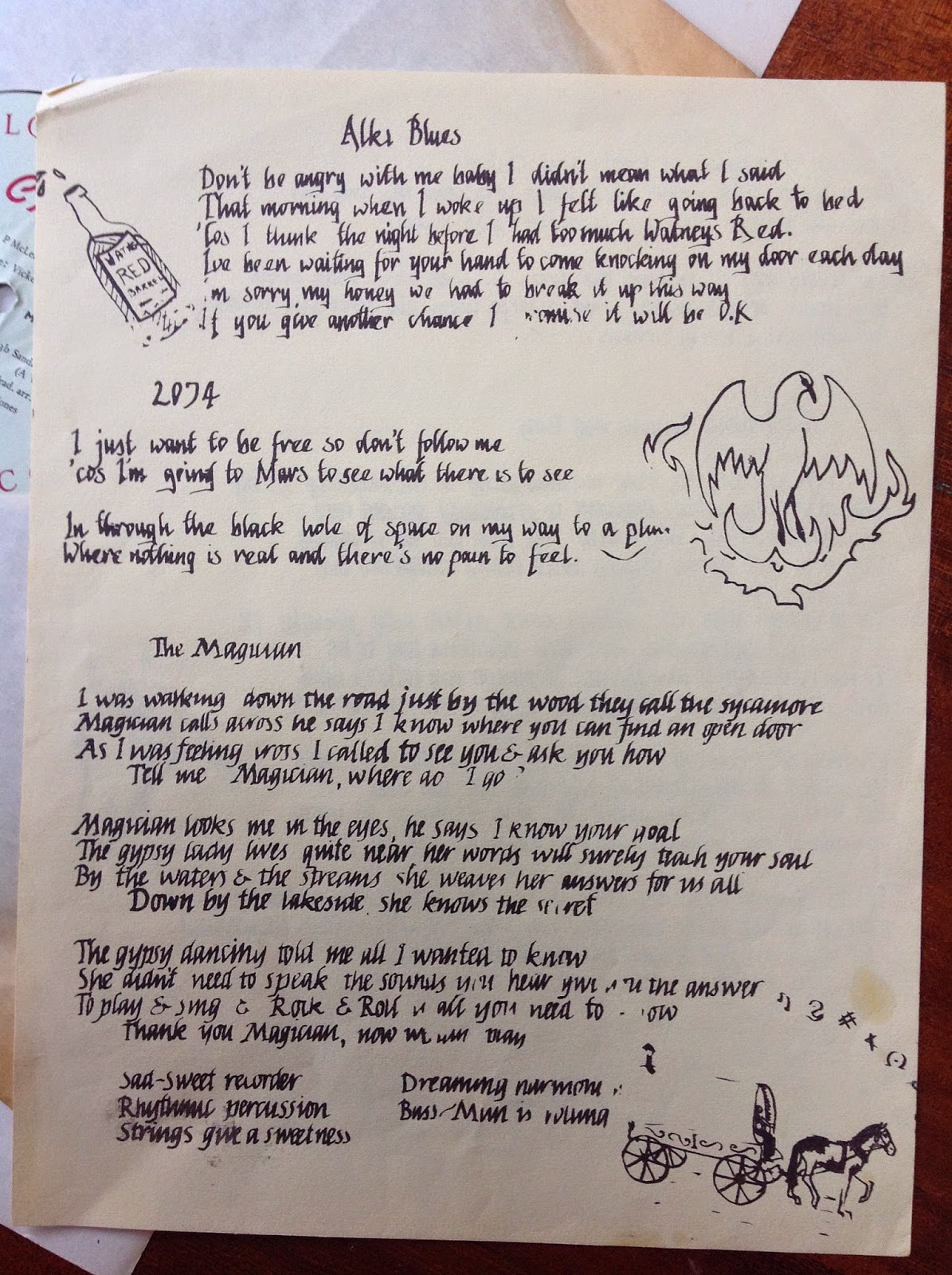
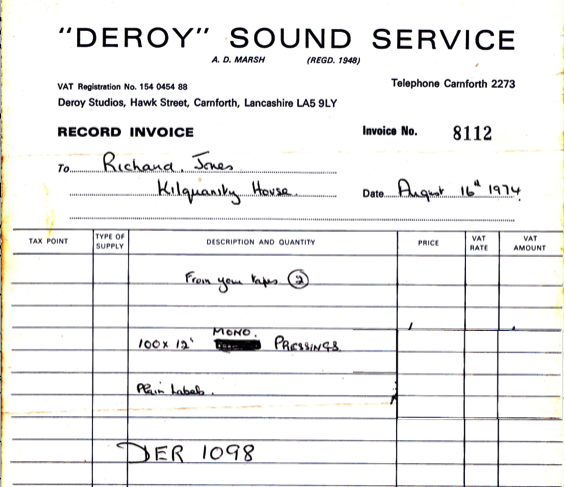

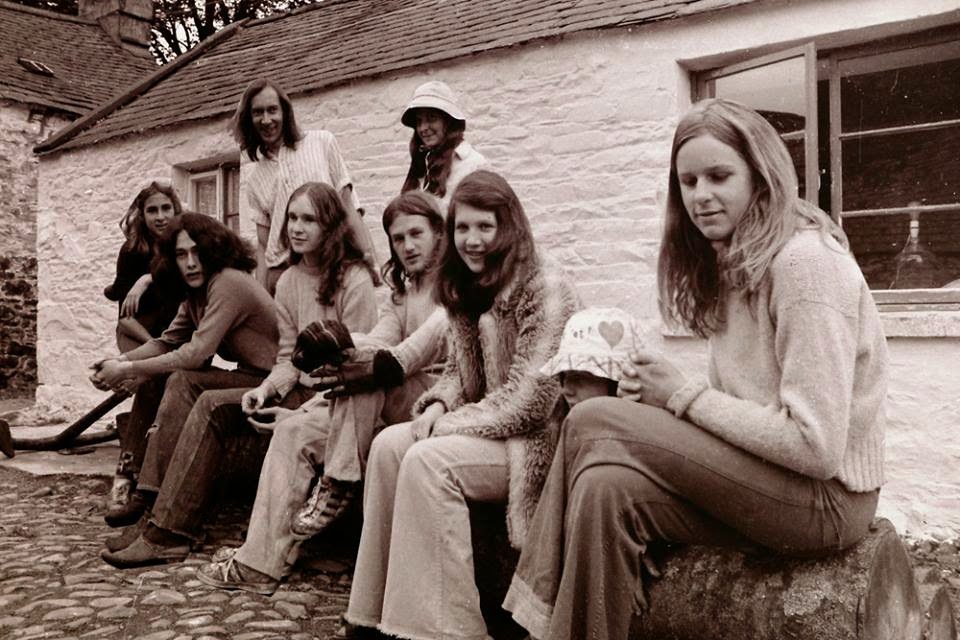
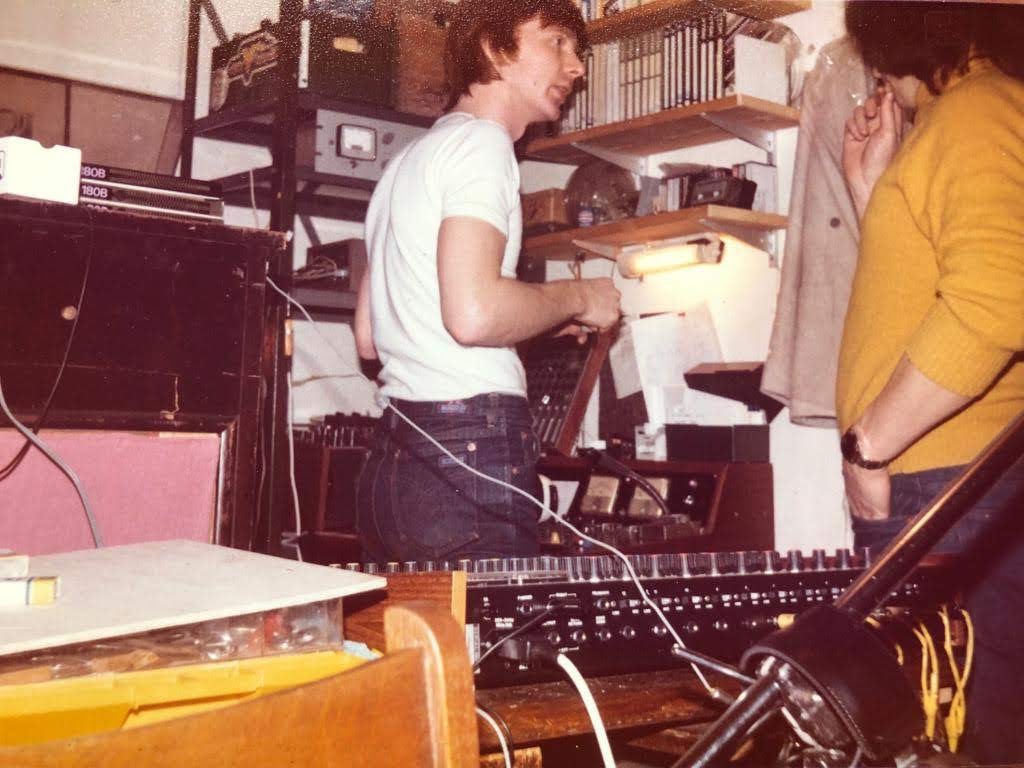
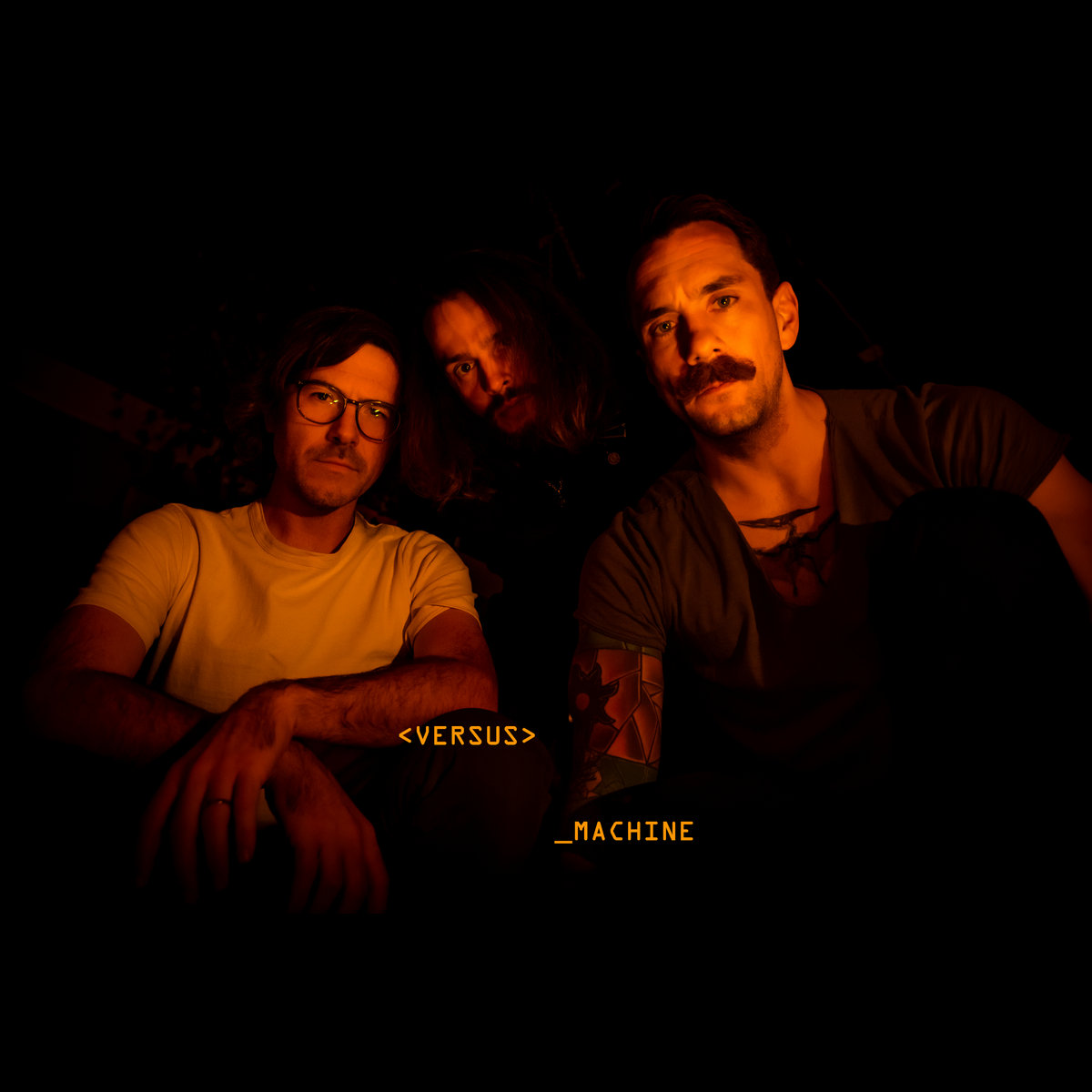
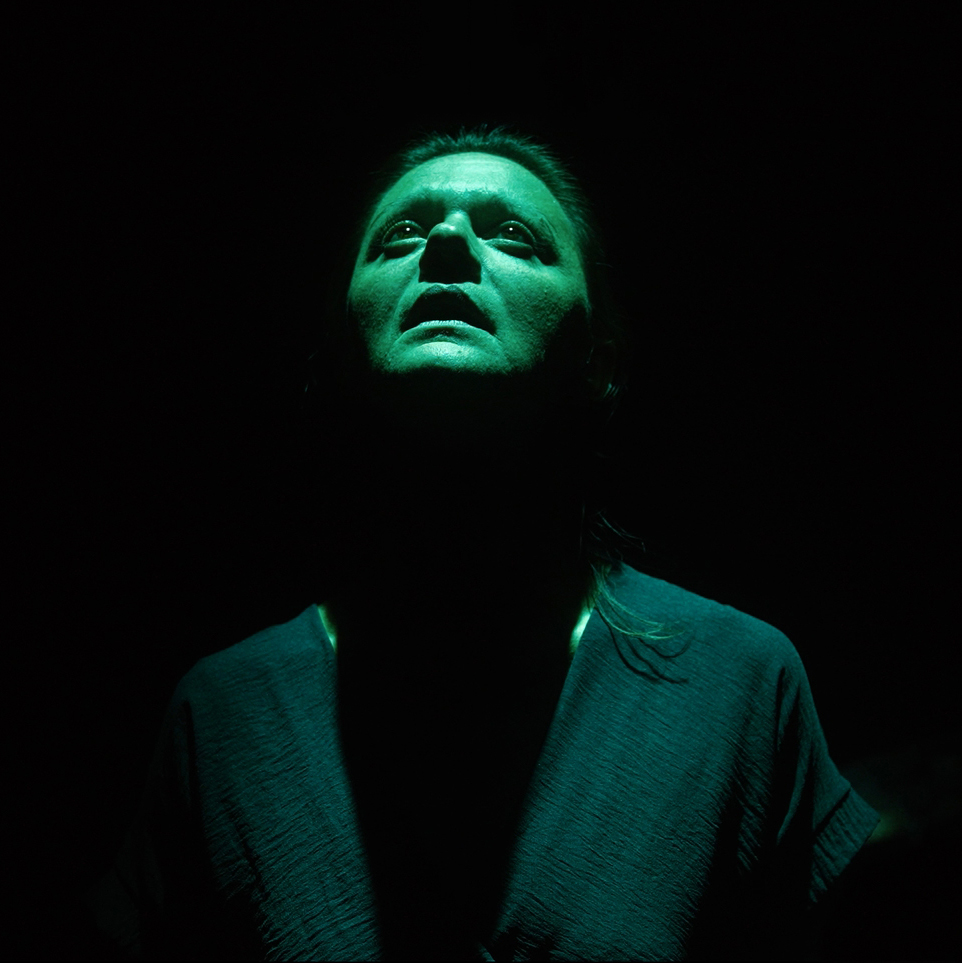
http://www.mediafire.com/download/z897c7152532ti1/Bongley_Dead_-_Demo_n.3_(2014).rar